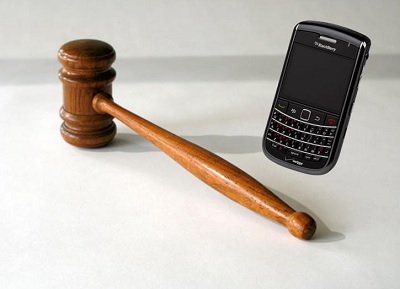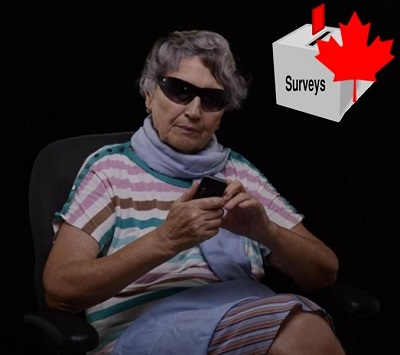The handset manufacturer is now after a court order to stop Seacrest’s case.
Radio and television celebrity, Ryan Seacrest, is the founder of Typo, is now in the spotlight for a reason that is very different than being the host of the massively popular “American Idol”, as the company is now being sued by struggling Canadian mobile devices maker, BlackBerry Ltd.
The company is now trying to stop Typo from being able to ship its latest iPhone Case.
According to BlackBerry, Typo Products LLC has created mobile devices for iPhones that copies the smartphone manufacturer’s designs. For that reason, BlackBerry has not only sued Typo, but it has also now asked a U.S. judge to stop Typo from being able to ship this $99 accessory that is meant to be used with the iPhone 5 and the iPhone 5S. It is a gadget that is designed with an integrated keyboard and it allegedly infringes on the design and invention s of BlackBerry.
BlackBerry made its filing to stop the mobile devices from being sold in a federal court in San Francisco.
The lawsuit was initially filed back on January 3 with the allegation that Typo was infringing on BlackBerry’s patents. BlackBerry feels that it is very likely to succeed with this suit, but that if Typo is permitted to continue to sell its gadget, then BlackBerry could suffer “irreparable injury”. It should also be pointed out that Apple is not involved in this case in any way, despite the fact that the accessory was built to be compatible with a couple of its products.
Over the last recent years, BlackBerry has been dramatically struggling as it has gradually and increasingly rapidly lost business to Google Android and Apple. During the third quarter of 2013, its share of the worldwide smartphone market plummeted to only 1.7 percent, when it had previously dominated that market space. A year before, in the third quarter of 2012, the market share had been 4.1 percent. These statistics are according to IDC.
The hearing for BlackBerry’s request to order Typo not to manufacture, offer, sell, market, distribute, or promote the mobile devices has been scheduled for March 5.
A poll has now shown that retirees in Canada are likely to have cell phones, though not the latest tech.
A recent report making mobile commerce news has revealed that while the vast majority of seniors living in Canada are now using a cell phone, only a small number of them have changed those mobile devices to the more modern smartphone version.
The Media Technology Monitor report could prove to be important information for marketing and commerce.
The research was conducted over the phone with the participation of 6,014 English speaking Canadians. The interviews were held during the spring and fall of 2013, in order to help to track the trends regarding ownership and usage of mobile devices. This included measuring the movements of these gadgets among those within the senior demographic. For the purposes of this study, seniors were defined as individuals who were 68 years old or older.
Approximately 61 percent of the seniors who were polled said that they owned mobile devices.
In all, there were 774 seniors who participated within this research. Though only 61 percent of them said that they had cell phones, in the younger age groups, a much higher 87 percent said that they carried these gadgets.
Similarly, only a tiny 13 percent of seniors said that they owned smartphones, where a notably higher 63 percent of younger Canadians said that they carried these devices.
Among those that did have smartphones, seniors seemed to prefer iPhones the most, though only just slightly more than Android based devices and BlackBerry phones.
A miniscule 7 percent of the senior participants in this study said that they used their smartphones for connecting to the internet. Younger respondents responded that 54 percent of them connected to the internet using their gadgets. Furthermore, only 2 percent had ever tried to use social media on their devices. Among the younger users, about a third of smartphone users had done so. Around 17 percent of seniors had sent text messages at some point, whereas 76 percent of the other respondents said that they had.
Approximately 12 percent of the seniors polled had tablets among their mobile devices. Most often, this consisted of an iPad.



